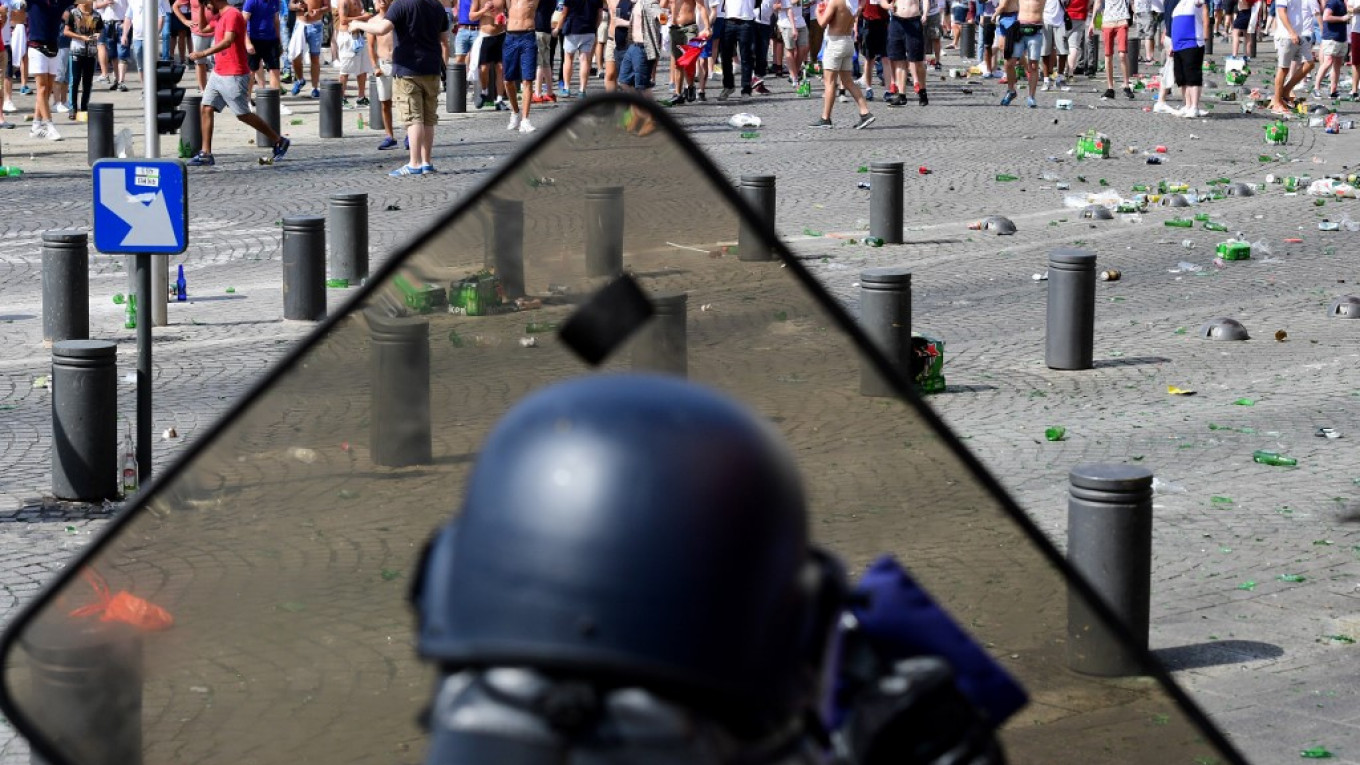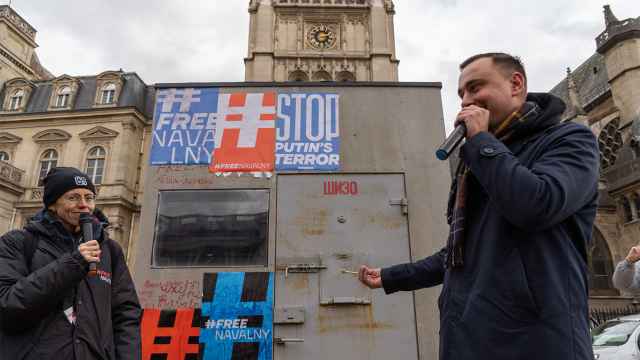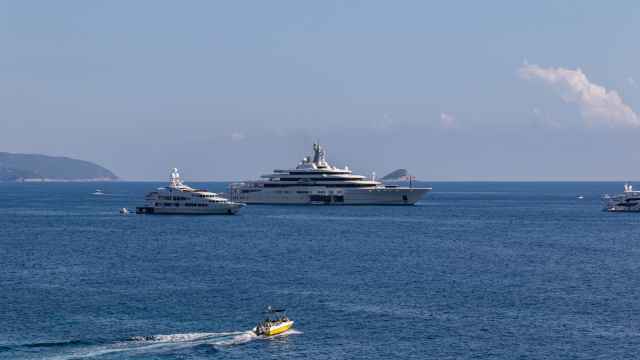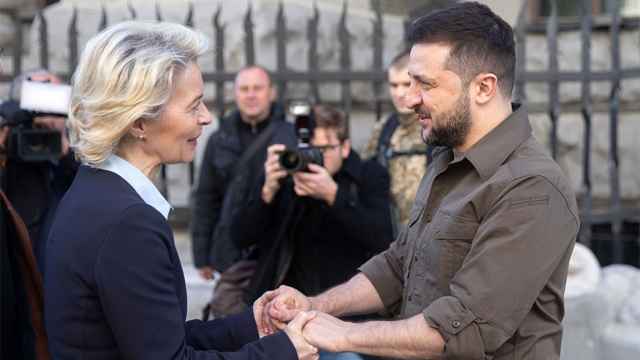The trial of two Russian men, accused of launching a savage attack on an English football supporter during Euro 2016 that left him in a wheelchair, continued Wednesday with the defense presenting video evidence.
Pavel Kossov and Mikhail Ivkine, both 34, are accused of beating 55-year-old Andrew Bache, who suffered brain injuries in the violence that broke out before England played Russia in the southern French port city of Marseille on Jun. 11, 2016.
They face a jail sentence of up to 15 years if found guilty in the trial in Aix-en-Provence that runs until Friday.
Bache, from Portsmouth in southeast England, is too frail to attend the trial, but his son Harry is representing him.
The video evidence presented in court included the progression of the aggression against Bache.
At 5:00pm and 20 seconds, according to the camera of the city of Marseille, Ivkine threw a stainless steel chair towards an apparently lost Englishman, Bache, a few metres in front of him.
The projectile appeared to hit Bache in the shoulder and head but he did not fall.
Seven seconds later, Kossov punched him in the head from behind sending Bache face first into the floor as he did not try to protect himself.
A third unidentified Russian supporter then hit him again in the face while he was inanimate, with Kossov weighing in with a kick to the kidneys.
Within 15 seconds, the life of Bache changed irrevocably.
The two accused were arrested in Germany in February 2018, 20 months after Bache suffered his life-changing injuries, while they were on their way to a match featuring Spartak Moscow in Spain. They have been in custody in France since their arrest.
They deny being hooligans and on Wednesday, their defense team unveiled new videos, absent from the case so far.
The first shows that the chair thrown by Ivkine only grazed the victim.
"Mr. Bache was not hit either in the shoulder or in the head," said defense lawyer Julien Pinelli.
'6.57 Crew'
Another video, broadcast at the time by the French channel BFMTV, showed Russian supporters being pursued by English fans in the small streets near the Old Port.
Ivkine, recognizable because of his turquoise shorts, is being chased by an Englishman who is seen standing next to Bache during the attack video.
Kossov's lawyer, Alain Duflot, said it was surprising that the images, available on social networks, had been ignored until now, and questioned the efficacy of the British investigation.
He said that the two men had been identified following the seizure of a cellphone belonging to John Askey, an Englishman present in Marseille that day.
Detective Superintendent Andy Barnes described Askey as "a man with a past linked to football and violence."
Duflot asked why Askey was not also in court.
"Mr. Askey, I met him the very morning of the England-Russia match, he was looking to buy a ticket," said Kossov.
"When I was arrested, he told me he was going to testify for me but he was dissuaded, he was afraid."
Press articles reported that members of two hooligan firms, Chelsea's "Headhunters" and the "6.57 Crew" of Portsmouth were present in Marseille that day but Barnes said they were not around the Old Port at the time of the incident.
Barnes added that "nothing links him (Bache) to hooliganism or violence, except a 37-year-old conviction."
A Message from The Moscow Times:
Dear readers,
We are facing unprecedented challenges. Russia's Prosecutor General's Office has designated The Moscow Times as an "undesirable" organization, criminalizing our work and putting our staff at risk of prosecution. This follows our earlier unjust labeling as a "foreign agent."
These actions are direct attempts to silence independent journalism in Russia. The authorities claim our work "discredits the decisions of the Russian leadership." We see things differently: we strive to provide accurate, unbiased reporting on Russia.
We, the journalists of The Moscow Times, refuse to be silenced. But to continue our work, we need your help.
Your support, no matter how small, makes a world of difference. If you can, please support us monthly starting from just $2. It's quick to set up, and every contribution makes a significant impact.
By supporting The Moscow Times, you're defending open, independent journalism in the face of repression. Thank you for standing with us.
Remind me later.






